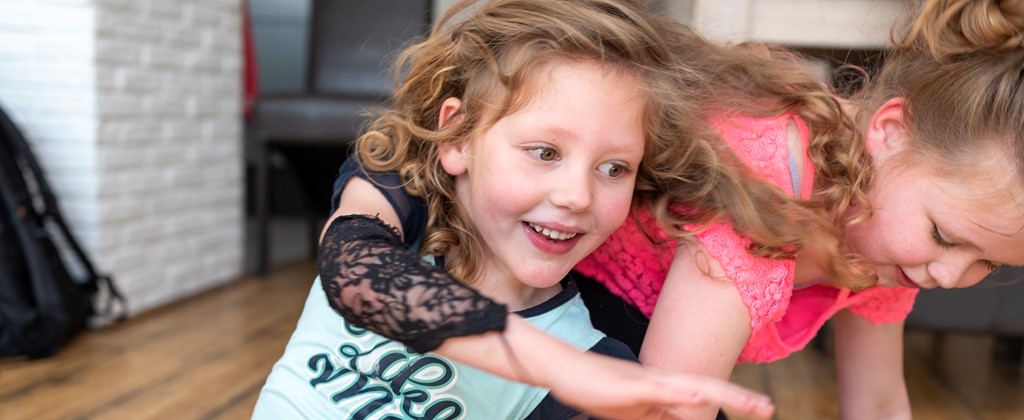On the UN Agenda: Brothers and Sisters Belong Together
Every year, 23.000 children in the Netherlands are placed out of home to live with foster parents. Defence for Children the Netherlands and Belgium and SOS Children’s Villages the Netherlands and Belgium are alarmed by this practice and call upon the Dutch governments to create legal protections regarding children’s rights to stay with their siblings during cases of replacement. Defence for Children, together with SOS Children’s Villages seeks the UN-Committee’s attention with a submission regarding the separation of siblings during foster care placements. On the 16th and 17th of September, the UN Committee on Children’s Rights holds the UN Day of General Discussion were they will discuss this submission. The purpose of this biannual event is to develop a more in-depth understanding on the Convention on the Rights of the Child, usually on a specific issue or article, this year on alternative care.
Joint placement
During an out-of-home placement, children are separated from their parents. That is an impactful and often traumatic event. If they are also separated from their siblings, their contact to parents and other family members is extremely limited or even non-existent. Professionals for long have pointed at the damage such practices do to the development of a child, which is confirmed by international research. Therefore, all efforts should be made to ensure that siblings who are placed out of home, can remain living together. Their right to family ties should be respected, unless it is clearly not in the interest of the child. The story of Gloria (16), who was placed out of home when she was 6 months old, confirms this. “You should always try to keep siblings together, or ask if they want to remain in contact. My sister and I have been separated for a long time. That is time we will never get back”.
<Text continues below video>

